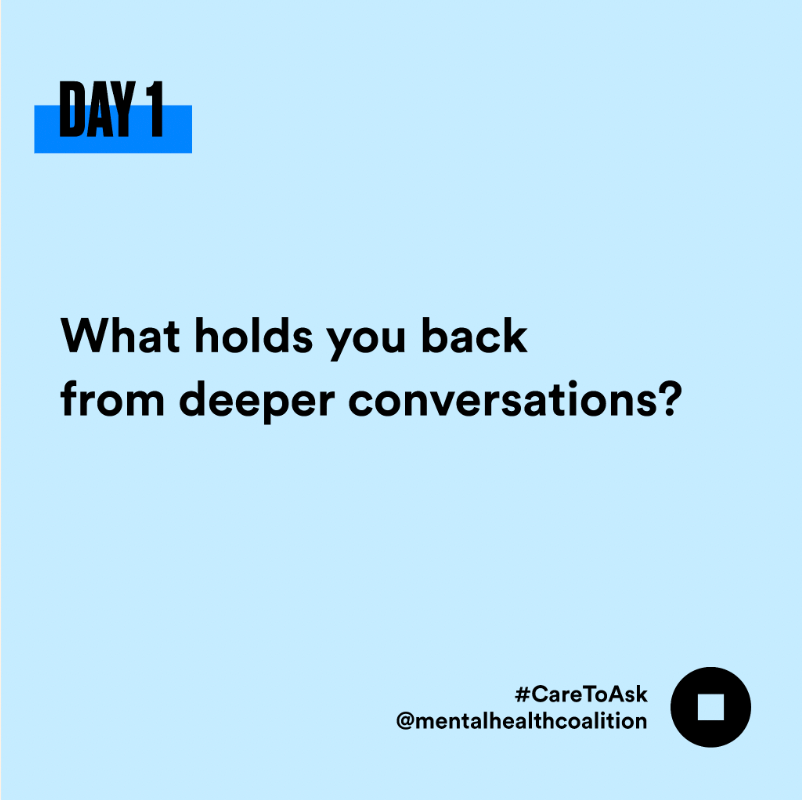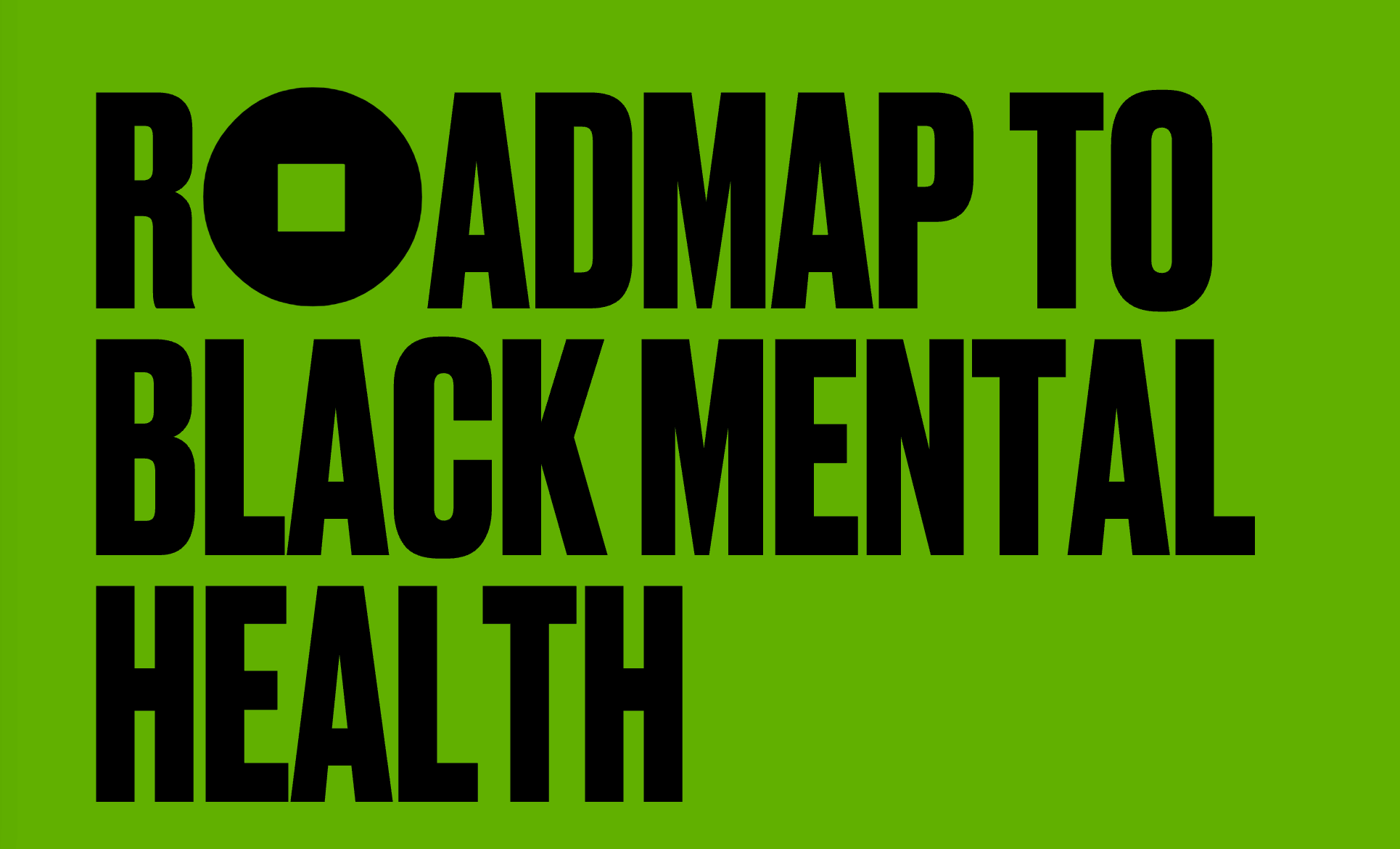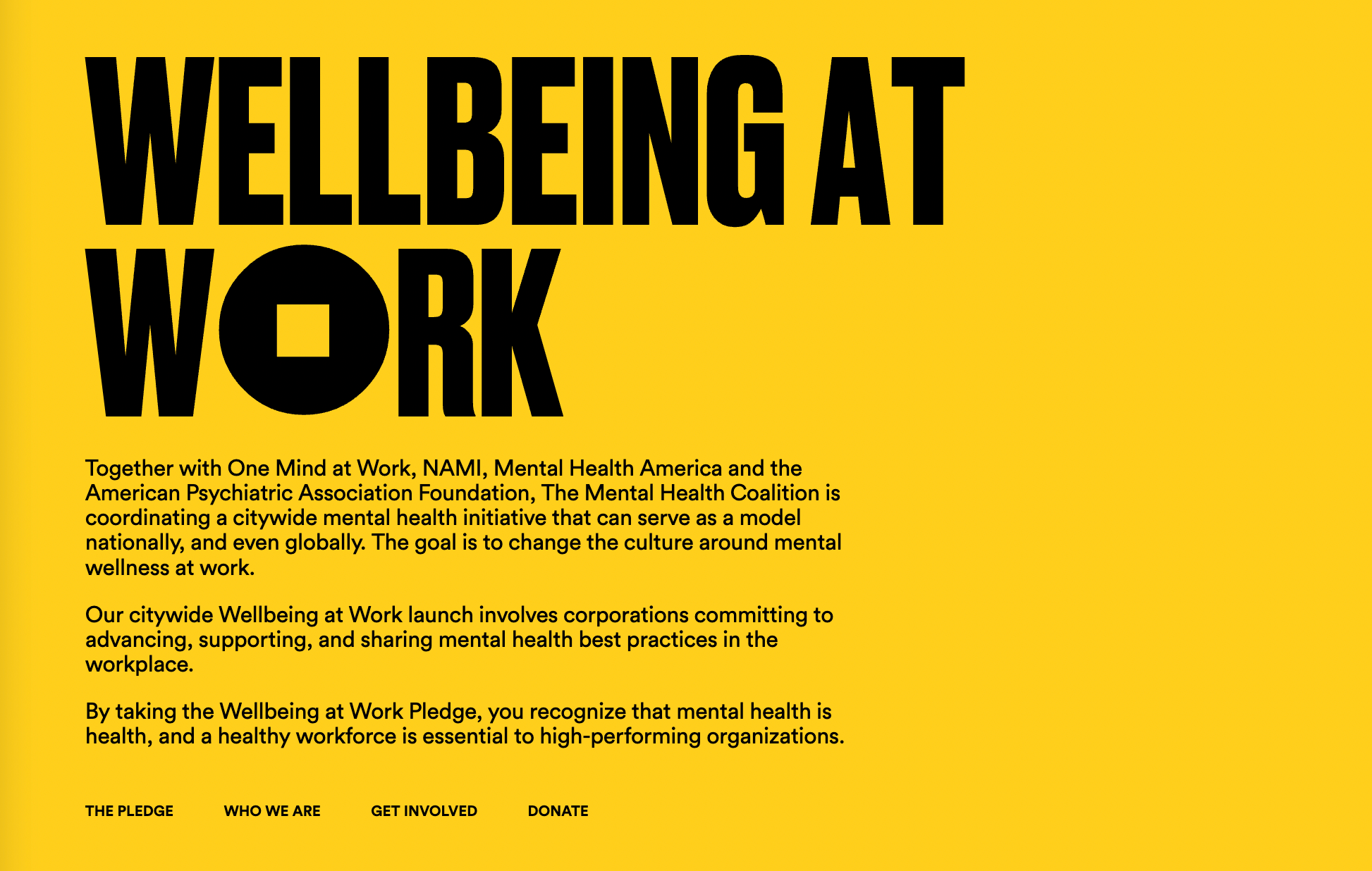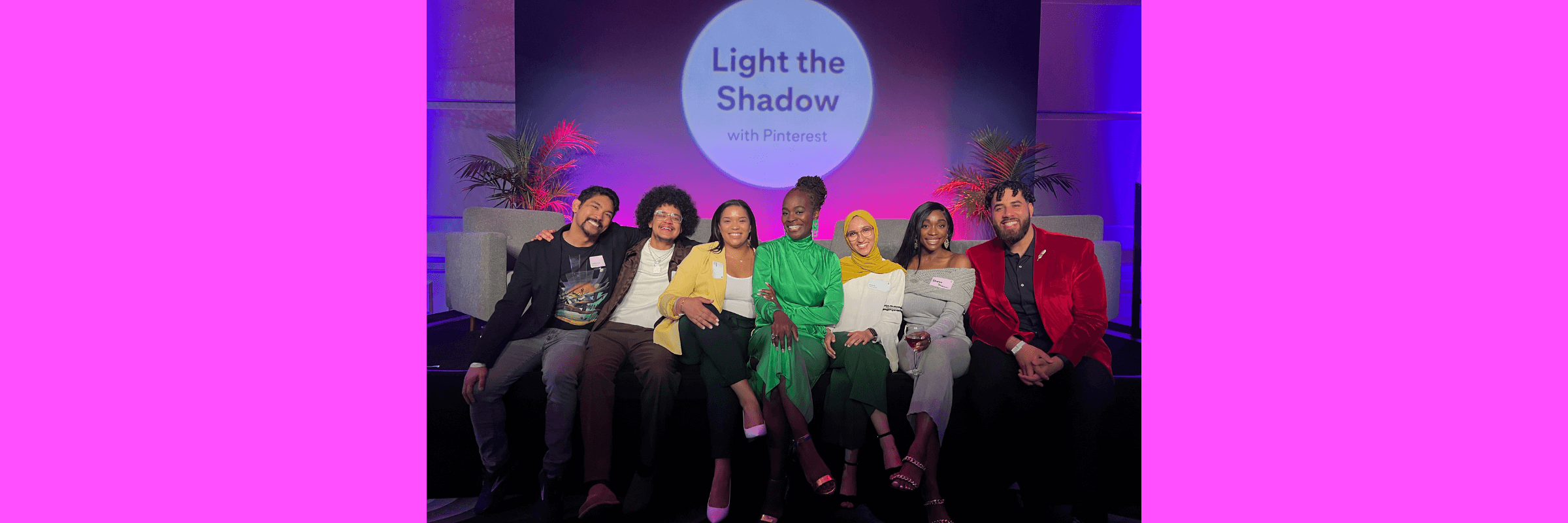
Meet the Hidden Healers: Activists Making a Difference in Mental Health
Practicing mental wellness is not always easy. With many barriers to accessing professional methods of care like therapy, diagnosis, and medication, it can be difficult for a person to translate their mental health awareness into action — especially for marginalized communities that are often not as well-equipped to attain mental health resources or services.
It is important to be aware of how financial and social disparities can put BIPOC and other disenfranchised communities at a disadvantage when it comes to mental health care. The Hidden Healers, an advocate group, work to bring attention to these disparities in mental health wellness for BIPOC through attainable healing rooted in cultural norms.
Who are the Hidden Healers?
The Hidden Healers are a group of advocates dedicated to accessible mental health resources for communities of color and other marginalized groups. Their goal is to break the stigma surrounding mental illness by normalizing culturally-grounded healing. In this way, they emphasize the idea that even small actions in our everyday lives can help us heal and move forward.
Eurocentric systems of healthcare have historically deemed alternative forms of healing — those that are often rooted in culture — invalid, exacerbating the debilitating lack of mental illness awareness and healing in many ethnic homes and communities. By amplifying the importance of action in the mental health sphere, the Hidden Healers strive to bring awareness to methods of care that are attainable and affordable. The ultimate goal is to allow everyone to flourish — and they use the word “flourish” intentionally because, as Hidden Healer Mahmoud states, they want young people to know that “mental health and healing is not just about suffering and pain […] but there’s also a side to it about joy and happiness and purpose and meaning.”
Meet the Hidden Healers:
Dr. Alfiee M. Breland-Noble is the founder of the AAKOMA Project, a Program Board Member of the Mental Health Coalition, and co-mentor of the Hidden Healers.
Christian de Luna is the Chief of Strategy at the Asian Mental Health Collective and co-mentor of the Hidden Healers.
Mahmoud Khedr, an Egyptian immigrant, is the founder and CEO of FloraMind, a mental health innovation lab building radically accessible and equitable solutions addressing the youth mental health crisis.
Kheira Bekkadja is a Muslim Algerian American hijabi whose involvement with Our Minds Matter has informed her passion for creating safe spaces for people struggling with mental illness.
Maddox Guerilla, an impassioned radical activist, is a member of the Point Source Youth National Youth Advisory Council and co-coordinator of the New York City’s Youth Action Board.
Ayanna Kelly is an Afro-Latina veteran and mother who is passionate about Diversity, Equity, Inclusivity, Belonging, and Accessibility in company culture and HR. She uses her expertise and personal experiences to amplify mental health through her podcast, Sazón y Corazón.
Below are snippets of conversations held with some of the Hidden Healers, where they share their insights on mental health as a structure and a movement, culture and what it means to have mental illness as a person of color, and thoughts on the Mental Health Youth Action Forum.
On their personal experiences with mental health:
Content warning: mention of suicide
Kheira: My mental health journey started my sophomore year of high school. I transferred schools, and it was the first time I came across the term ‘mental health’ and heard people talking about anxiety. I remember really vividly walking in the hallways and hearing people say that they wanted to kill themselves. I was culture shocked, like, oh, my goodness, what’s happening, and then on top of that, hearing people wanting to harm themselves. That drew me into wanting to help and be there for other people. I came across an organization called Our Minds Matter, a student-led movement working towards the day where no teen dies by suicide. They basically equip you with all of the resources that you could need to start your own club at your own high school. So, I was like, you know, why not? My school needs it, and I need it personally.
Ayanna: The military was not made for us [women of color]. For the Army, specifically, you have to take physical fitness (PT) tests, and they don’t use inclusive ways of measuring, especially when it comes to our curves, or our body shapes, or how our measurements may look very different from someone else. And we may be in shape, it’s just that my body happens to be a little bit bigger in certain areas. That contributed to my self-consciousness and a very unhealthy relationship with exercise and food. I always heard the negative things about my body image growing up, and then it was reinforced in the military. So I really struggled for a long time with that. And then I went and took a PT test seven or eight weeks after I had my son, when I was not fully recovered. I should have never been out there. But I felt pressured to be there. And to prove for some reason, my body was ready to bounce back. It was really, really hard. But I do not regret it. I don’t resent it. It has made me stronger. It has given me the ability to be empathetic towards my husband, my brother, other service members, and I just have that awareness.
Christian: When I was in middle school, my mother developed major depressive disorder and generalized anxiety disorder, which is something we’ve been working through as caretakers. One of my biggest moments of realization was that when I was in high school, I also was diagnosed with major depressive disorder and generalized anxiety. And it was at that moment, that I just kind of understood what she was going through. I think that is what geared me into having that unique perspective of both being a caregiver and a care recipient. And I think having that point of view really did help me feel more of a calling to do this kind of work.
Mahmoud: I had immigrated from Egypt and came to the States when I was about 12 years old. I grew up facing a lot of challenges around my family and financial issues, and then also racism and discrimination for being Muslim and Arab. After about a decade of suffering and silence, I had my breaking point. After attempting suicide, I realized that I needed to do something different for myself. And I had tried to get therapy a few times. That didn’t work out for me. You know, everyone’s like, “go get help” — but help wasn’t available, accessible, or affordable. So I took my healing journey in my own hands and really worked a lot on educating myself about mental health — what is depression, anxiety. In a way, I had to self-diagnose, which is not recommended, of course, but… it wasn’t accessible for me otherwise.
Maddox: I always wanted to be free, I always had a vision to be free. I’ve always been very radical. And so I came across this philosophy at some point from Kevin Kelley. And it was on Protopia, the idea that every day we get to work towards the world we want to see. And I fell in love with it. At the time, he was trying to use it in a tech space. But I thought about it as a social science and as a tool and a platform for us to be able to dream. That was kind of what kept me alive. And simultaneously, I experienced homelessness at the time. And so that gave me a place to be able to do advocacy for me and my peers.
On the idea of everyday healing:
Mahmoud: We believe that every single person is a healer and that there are healers in our communities who actually do healing work that’s not often considered as such. So for example, when you look at barbers — barbers are doing healing work, because a lot of the time they are there with their clients and strike up these incredible relationships, conversations, and there’s no recording. Uber drivers are another example. You know, a lot of conversations happen in those spaces that empower and make room for healing and revelation and connection. We see that everyone has a role to play and we want to uplift the voices of both ancestral and cultural healing, and everyday healing, and say we need to bring that to the masses.
On the challenges of cultural healing:
Christian: I think my family has been pretty open about mental health. But as far as the Asian space goes, in the general collectivist sense of being, a lot of predominantly Eastern cultures are steeped in Confucian values and adherence to the collective rather than the individual. So that warrants keeping things concealed in order to save face for the family, or not bringing that embarrassment and shame to the forefront, especially in social interactions and relationships. If somebody is having difficulties, it’s often brushed under the rug just because that’s how it’s been for centuries.
On mental health in the workplace:
Ayanna: If we’ve learned anything in the last two years, it’s that people are gravitating towards the companies and teams that are aligning with their values and being supportive of their mental health. Can we as employers offer benefits that are going to support those employees in a way that’s legally compliant but also provides an avenue for them to have benefits they really need in the absence of federal support? There’s all of those underlying issues that sometimes people don’t think have anything to do with work, but make a big impact. I mean, 90% of the people stay at their jobs because of benefits, right? So it’s a really important issue, and it is tough, it is a sticky one, people don’t like it, it’s uncomfortable, and it’s just one of those things that people would rather veer away from. But we’re all thinking about it.
On working to get resources to young people in need:
Maddox: I am very adamant about the need for resources for young people, for them to be able to think beyond just survival, so I was able to co-create a pilot program with New York City. It’s called the Trust Youth Initiative, a direct cash transfer program where we are giving young people unconditional cash for two years, $1,100 a month, as an intervention to reduce homelessness. For me, that’s my angle when it comes to mental health. I’m very adamant about making sure that young people get resources so that they can thrive and can take care of their mental health or even have the space to think about that, because when young people are in survival mode, they don’t, you know what I mean? They have to get their needs met, especially homeless young people who are looking for a place to sleep and something to eat. Currently, it’s just an initiative for homeless youth in New York, but the goal is for it to be adopted nationally.
On attending the MTV Mental Health Youth Action Forum at the White House:
MTV Entertainment worked alongside the Biden-Harris administration, as well as United States Surgeon General Dr. Vivek Murthy and mental health activist Selena Gomez, to bring to the forefront a collective of non-profit mental health organizations that are putting in the work to make a change within the mental health sector and make that push from mental health awareness to action. The Hidden Healers were all invited to be a part of the gathering and speak to their individual experiences with mental illness and action.
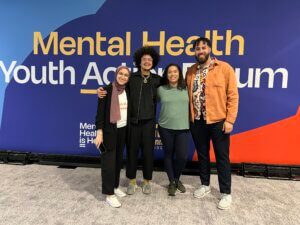
Maddox: All these young people who got invited to speak at the White House, and the fact that the White House agreed to elevate and amplify such an important topic, for me kind of goes to show that we got to celebrate the strides. We got to celebrate the fact that we were there. And we are here, and this is what’s happening. And the movement is so strong that it even made its way into the White House. All of us have been working in different areas, and we brought our voice to this place, this platform, to truly be heard.
Kheira: For me, when I looked at the audience, I didn’t see another covered Muslim woman. As soon as I made that connection, it propelled me, that, Kheira, you need to go into your Muslim community and start to bring in other youth into the mental health work. So that was kind of a turning point. And my biggest takeaway and experience of the whole forum is that there is more work to be done in my active community.
Ayanna: To talk about humanizing black and brown people… we’re all assumed to be a certain way, that we’re a monolith. And that we all have the same story. But we’re not. And we all have different challenges. We’re raising the next generation, and we’re just as powerful as anyone else. It’s just that people choose not to see it. And so it was absolutely amazing to have that platform and to speak to the First Lady, and to Dr. Murthy and Selena Gomez and just be able to give voices to the people who we represent. It was just so, so empowering and validating. I felt heard and seen.
Mahmoud: I think it was incredibly surreal. Being able to come this far knowing that I had related to Dr. Murthy, just on his journey as well. My grandfather was a farmer in Egypt; my father was the first of our family to emigrate to the States. The fact that we went from struggling to living with all the trauma and the pain but also the joy and the happiness, and then advocating for mental health for years, and then getting to go to one of the biggest stages in the world as a person of color with my curls, a proud Muslim, was mind-blowing. To me, that was actually part of my healing journey. I felt like it’s a step in the right direction for the country in general. And I also felt like being there wasn’t really about me and my family alone, but about all the people and identities that I represent in some way or another. I felt like I was carrying that on my back, that it was way bigger than me.
Christian: One of the things I told them after the forum is that the real work starts now, that it becomes a marathon at this point. You just started from the starting line, and it’s going to take a lot of work. And they’re working through it. A lot of the initiatives are based on setting up some storytelling avenues like podcasts, and being able to engage in social media campaigns. A number of the folks have been interested in looking at games and narrative-based digital experiences to explore telling mental health stories. So then connecting them with folks in the game space, to have at least some meet-and-greets and mentorship intros, we’re seeing what avenues could exist for creating some of those next steps.
On advice for anyone reading this:
Christian: The life motto I live by is Memento Mori, Latin for “remember, one day, you will die, we all will.” And the turn on it is: Make sure every day you do something that you feel is worthwhile, be it big or small. Just something you can look back on. It’s acknowledging that no matter what walk of life you’ve been through, even if you don’t think it’s the most glamorous life, you’ve had a lived experience that no one has, and no one ever will. And it’s an important story to honor and to also just not be too hard on yourself.
Ayanna: I would just tell people to find the space that you feel comfortable in and, you know, find the people who really deserve to be with you and walk in your journey. And don’t give up because giving up is not an option. There’s so much more and so much light in the future. We just have to hang on and be able to be our full selves along our journeys.
Maddox: Try to have conversations with people, you know, or even conversations with yourself. We are able to connect with each other and coexist with each other and that really reinforces humanity and our collective health is amplified. Having those connections allows you to be more able to thrive, more able to navigate the world.
Mahmoud: By changing yourself, you are changing the world. I would really encourage young people to think hard about what you care about, what drives you, what makes you curious or what makes you angry. The more intersectionality you can bring in, the more realness you can bring in — don’t think you have to follow what anyone tells you to do. Prioritize yourself, find your intersection. Find the optimism, create the optimism, do it in community, and get in good trouble — that’s how society changes, when you’re willing to do what is uncomfortable and hard.
Kheira: You are exactly where you’re meant to be. Think about your challenges as a way of making you stronger. Take the time to focus on you. You can’t pour from an empty cup. Find those small moments and the right people to support you because, being in the space of advocacy, you need to be fully charged — like your phone, if the charger isn’t generating energy, it won’t charge your phone. And so, you really have to take time for you to fill up your cup.
Note: Interviews have been edited for length and clarity.
Article by Ashlee Bonsi. Ashlee is an Editorial Intern for MHC and Rutgers University student with a passion for social justice.
